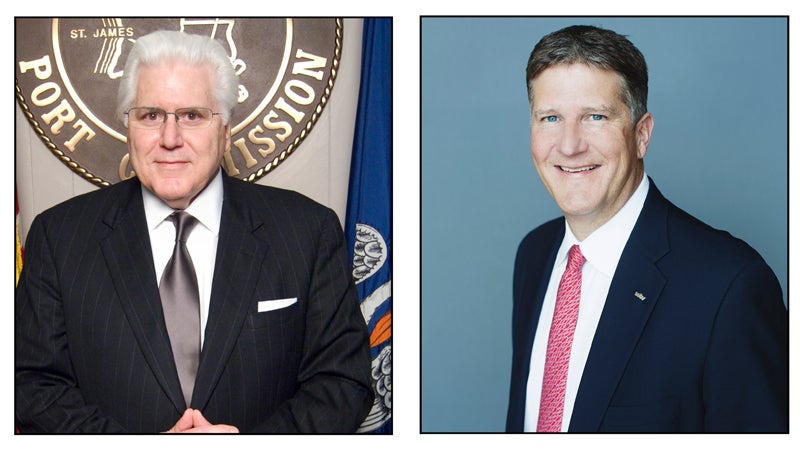Aucoin & Connor: Support Port of South Louisiana ‘State of Readiness’ capability
Published 8:28 am Wednesday, June 3, 2020
|
Getting your Trinity Audio player ready...
|
As Congress works to help airports, transit systems, and other transportation services impacted by the coronavirus pandemic, the Port of South Louisiana (PSL) and the American Association of Port Authorities (AAPA) believe it’s crucial that seaports also get the resources necessary to deal with the unprecedented financial, personnel, infrastructure and supply challenges imposed by this crisis. Bolstered with only modest federal relief, the ability of America’s ports to continue delivering the goods you rely on, ports can significantly aid in the national recovery that follows.
Due to the pandemic, AAPA projects direct job losses at America’s seaports of about 130,000. That’s 20 percent of the U.S. maritime workforce, which, at full employment, supports an additional 30 million jobs nationwide. Industries along PSL’s 54-mile district on the Mississippi River employ over 30,000, so the impact translates to the potential loss of 6,000 jobs in the River Region. Most large U.S. ports like ours will experience cargo volume declines ranging from 20 to 30 percent. However, smaller ports may experience much worse. Of course, ports that specialize in moving hard-hit cargoes like steel and automobiles, or depend on tourism dollars, such as from cruise ship calls and land leases to hotels, restaurants and retailers, are particularly vulnerable.
In 2018, cargo activities at America’s seaports generated $5.4 trillion, representing a quarter of the U.S. economy. Those cargo revenues created $378 billion in federal, state and local taxes. Regionally, the cargo passing through PSL is valued at over $51 billion, which generates over $382 million in local/state tax revenue. Additionally, America’s tourism ports attracted 13 million international cruise-goers, whose spending created $53 billion in business revenue nationwide and generated wages, salaries and taxes exceeding $23 billion.
Thus far, PSL facilities have operated as normal throughout the COVID-19 health crisis, following suggested best-practice directives from state and federal agencies. Concurrently with the pandemic, the river experienced a high-water event earlier in the season than normal, which restricted the free-flow of traffic along the river. As a result of these two events, cargo volume is at 93 percent of normal traffic. Fortunately for PSL, the global demand of grain products and petrochemicals have allowed us to keep our cargo volume, though decreased, relatively stable.
Facing significant cargo and passenger declines, and added costs for cleaning, sanitation, personal protection equipment and related supplies, America’s seaports are requesting federal assistance. This isn’t about replacing lost revenue. It’s about maintaining a “State of Readiness” to make good on bond and other debt payments, and keep our workforce employed to the fullest extent possible.
To aid the seaport industry’s coronavirus response and recovery efforts, AAPA and PSL are urging Congress to provide $1.5 billion in direct grants to help ports cover operations, equipment and infrastructure costs, and debt service expenses. We’re also asking that any future aid packages be available to local authorities of any size, including ports, and that legislation provide payroll tax credits to cover personnel sick and family medical leave. Additionally, we’re recommending repeal of the trade-choking, job-killing ‘301’ China tariffs. Doing so will increase domestic consumer spending and help American manufacturing.
An April 2020 report prepared for the U.S. Committee on the Marine Transportation System shows that increasing port-related transportation infrastructure investments above a “business-as-usual” scenario will deliver higher levels of GDP, create more jobs, increase incomes, improve trade performance and raise productivity.
Every day, seaports like the PSL are delivering critical goods and materials to the front line of the COVID-10 battlegrounds. We’re also ensuring consumer goods get to the doorsteps of countless millions of Americans who are safely working from home.
Policymakers cannot overlook our nation’s ports in this pandemic. Please support our request to Congress for modest relief from the shocks imposed by this crisis. This will ensure America’s seaports have the capability to maintain a reliable “State of Readiness” to aid in the nation’s recovery.
Paul Aucoin is Executive Director of the Port of South Louisiana, and Chris Connor is CEO and President of the American Association of Port Authorities.





